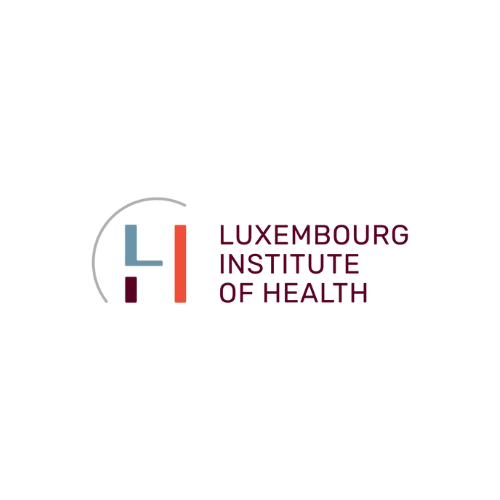Description and Clustering of Long COVID profiles in Luxembourg (LoCovClust)
The project aims to describe Long COVID profiles and the symptom distribution at one year after infection, according to disease severity at inclusion, and identify determinants and risk factors of Long COVID as well as define cluster sub-groups with different profiles.
What are the project objectives?
It has been shown that a fraction of the COVID-19 patients who undergo a variable acute symptomatic phase of the disease are coming forward with continuing effects of the disease, with complaints such as mental fog, delayed latent periods in recalling events of recent past, tachycardia, extreme fatigue, inability to perform daily physical tasks. However, the majority of the data come from hospitalized patients and few studies report long-term health consequences of asymptomatic or mildly symptomatic forms of COVID-19.
The objectives will be the following:
01
Describe different Long COVID profiles and the symptoms distribution at one year after infection, according to disease severity at inclusion.
02
Identify determinants (including Digital/Vocal biomarkers & PROs) and risk factors of Long COVID and define clusters of sub-groups with different profiles.
What population do we target?
National population-based surveys
- 1,500 participants
Extension of PREDI-COVID
- 250 participants with persisting symptoms after one year (distributed according to their COVID-19 severity at inclusion).
- 250 participants without persisting symptoms after 1 year (distributed according to their COVID-19 severity at inclusion).
ORCHESTRA
- 125 participants who have been exposed to the virus (asymptomatic cases).
- 125 participants who have not been exposed yet to the virus (controls).
Registry and long-term digital follow-up of patients enrolled in Long-COVID consultations to focus on severe Long COVID forms
- 1,000 particiants
Coordinated by

Scientific contacts
Dr Guy Fagherazzi
Aurélie Fischer
Communication contacts
Arnaud D’Agostini
Sabine Schmitz
